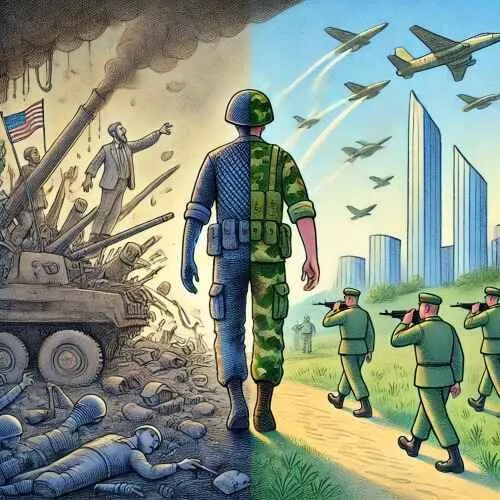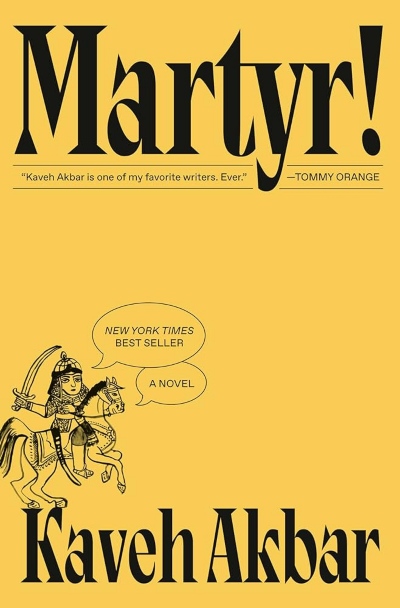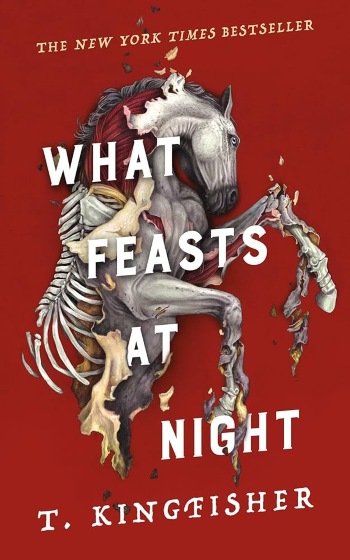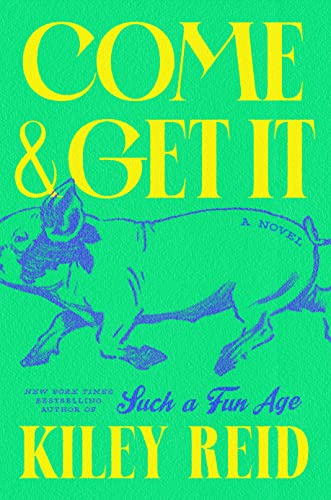Book Review | Catch-22, Joseph Heller
This review captures the chaotic, satirical spirit of Catch-22 while emphasizing the novel’s cultural relevance today. Heller’s ability to blend absurdity with profound critiques of power makes Catch-22 a timeless and thought-provoking read.
Catch-22 by Joseph Heller is a satirical novel that dissects the absurdities of war and bureaucracy, with a focus on the protagonist, Captain John Yossarian, who serves as a bombardier in Italy during World War II. Heller weaves humor, irony, and dark absurdity to explore how individuals are trapped in no-win situations governed by irrational rules. This Catch-22 book review will delve into the novel’s themes of paradox, character depth, and long-lasting cultural relevance.
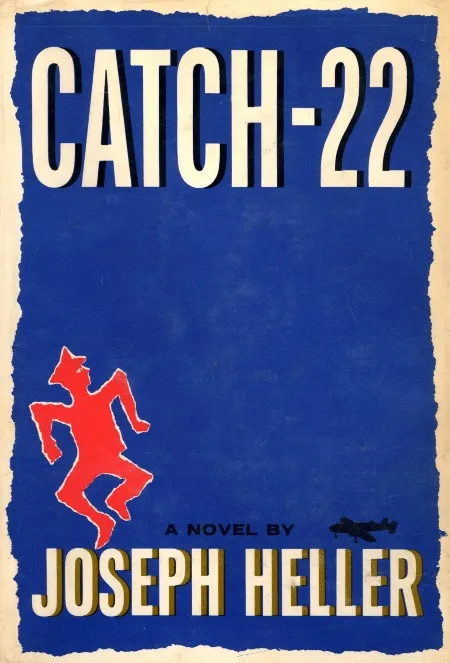
The Paradox at the Heart of Catch-22
At the core of Catch-22 lies its namesake, a paradox that perfectly encapsulates the irrationality of war and military life. The rule states that soldiers can be grounded from duty if they are declared insane, but the act of asking to be grounded proves their sanity, forcing them back into combat. This paradox is used by higher authorities to keep soldiers in action, regardless of their mental or physical state.
Key Absurd Elements of the Paradox:
- Soldiers who recognize the insanity of war must still participate.
- Bureaucratic authorities use circular reasoning to trap individuals.
- The paradox reflects broader systems of power beyond the military.
Heller highlights how this paradox is not just about war but reflects any system where individuals are caught in irrational, self-perpetuating cycles. It’s a critique of the institutional traps that exist in both military and civilian life, leaving people without real choices.

Characters Trapped by a System
The characters in Catch-22 are caricatures of real people, exaggerated to emphasize the absurdity of war and authority. Yossarian, the protagonist, spends much of the novel trying to escape his situation, frustrated by the endless bombardment missions. His fear of death becomes all-consuming, and he grows increasingly disillusioned with the military’s indifferent bureaucracy. Alongside Yossarian are a host of equally bizarre figures, each trapped in their own paradoxes.
- Orr, Yossarian’s roommate, constantly crashes his plane but survives. His madness is revealed as a survival strategy.
- Milo Minderbinder, the squadron’s mess officer, turns the war into a profitable business venture, selling goods to both sides without concern for moral implications.
- Major Major Major Major, promoted because of his name, becomes a reclusive figure, hiding from his own responsibilities.
The novel emphasizes how each character represents a different aspect of institutional absurdity. Milo’s profiteering shows how capitalist interests can exploit war, while Major Major reflects how arbitrary power often is. Every character is a vehicle for Heller’s critique of authority.
Absurdity as Survival Strategy
Absurdity becomes a means of survival for Yossarian and his fellow soldiers. In a world that defies logic, the only way to stay sane is to embrace madness. Yossarian’s refusal to follow orders and his attempts to escape combat are his ways of dealing with the ever-present threat of death. This theme of survival through absurdity is central to the novel, as the characters must either adapt to the irrationality around them or perish.
One of the most famous lines from the book underscores this theme:
“There was only one catch and that was Catch-22…“
This line captures the essence of the novel, where logic is used to entrap and control. Throughout the novel, Yossarian struggles with this concept, realizing that following the rules leads to certain death, but breaking them might just keep him alive. His absurd strategies, like faking illness and refusing missions, reflect the broader human struggle to maintain agency in a world where institutions often strip it away.
This Catch-22 novel review illustrates how absurdity serves both as a coping mechanism and a critique of the systems that govern human lives, not just in war but in everyday institutions.
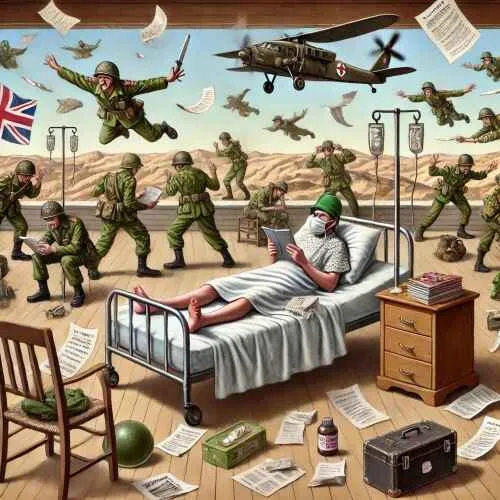
The Novel’s Enduring Legacy
Catch-22 has had a profound impact on literature and popular culture since its publication in 1961. The term “Catch-22” has become shorthand for any no-win situation, and the novel itself is often cited alongside other anti-war works like Slaughterhouse-Five and All Quiet on the Western Front. Heller’s critique of authority resonates with readers today, making the novel an enduring symbol of resistance against dehumanizing systems.
Why Catch-22 Continues to Resonate:
- The novel’s humor and satire make complex critiques more accessible.
- It addresses timeless issues such as bureaucratic incompetence and exploitation.
- Its relevance extends to modern-day political and social institutions, where similar cycles of absurdity prevail.
This Catch-22 book review underscores how Heller’s work continues to provoke thought and discussion. In a world where bureaucratic systems often create paradoxes, the themes of Catch-22 are as timely now as they were in the 1960s. It remains a cultural touchstone for anyone who has felt trapped by institutional logic.
A Satire That Goes Beyond War
While Catch-22 is classified as a war novel, its satire stretches far beyond the battlefield. Heller’s critique of power structures applies to governments, corporations, and any institution where individual needs are sacrificed for the sake of the system. Yossarian’s journey is not just a fight to survive the war but a broader struggle to reclaim his own autonomy in the face of a machine-like institution that seeks to strip it away.
As this Joseph Heller demonstrates, the novel’s satire remains sharp today. Whether read for its humor, its critique of war, or its broader political messages, Catch-22 challenges readers to question the logic behind authority. The novel’s refusal to offer easy answers is part of what makes it so compelling, forcing readers to confront the discomfort of living in a world where systems often seem indifferent to human life.
